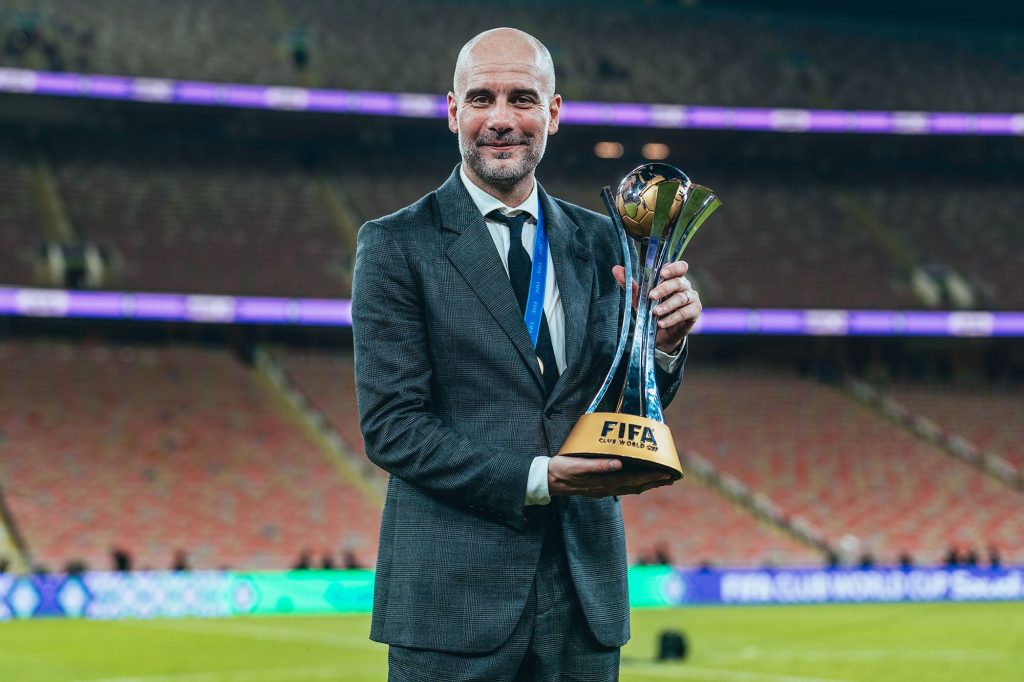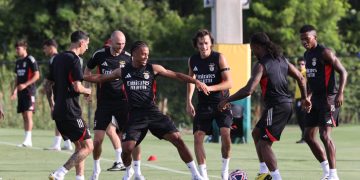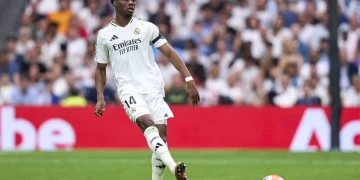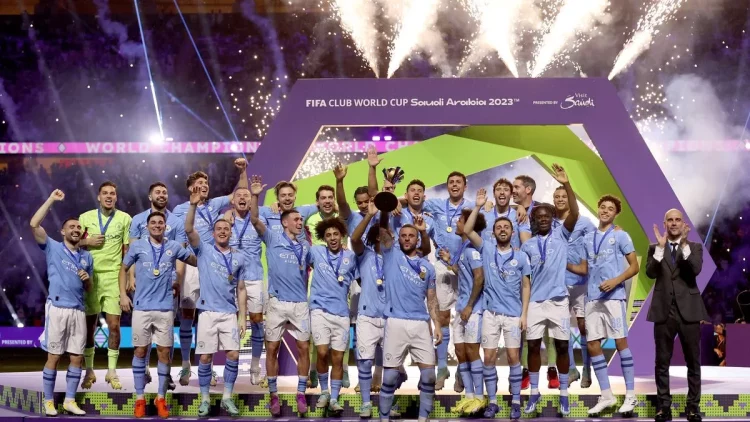Squad Rotation Data and Fatigue Metrics
Manchester City’s historic treble-winning season in 2022-23 set a new benchmark for excellence in European football, but the physical and mental toll on the squad has become a focal point as the club enters the 2025 FIFA Club World Cup campaign. Data from player tracking systems reveal that the core group of starters logged an exceptionally high number of minutes in the previous season, with some individuals playing over 4,500 competitive minutes across Premier League, Champions League, FA Cup, and Carabao Cup matches. This workload has led to accumulated fatigue, which statistically correlates with a decrease in high-intensity sprints and overall distance covered in recent matches.
Pep Guardiola’s squad management this season reflects a strategic attempt to mitigate these fatigue effects. Rotation patterns show a significant increase in the use of fringe players and academy graduates during less critical fixtures, especially in the Premier League’s early stages and domestic cups. Nevertheless, the compressed calendar, combined with international breaks and an aggressive July friendly schedule in North America and Asia, has limited full recovery opportunities. GPS data analysis highlights that recovery times between matches often fall below the ideal 72-hour threshold, amplifying the risk of muscle injuries and performance dips.
Moreover, fatigue metrics derived from heart rate variability (HRV) and training load models indicate subtle but consistent signs of overreaching within the squad, particularly among veteran players such as Kevin De Bruyne and Rodri. These physiological stress markers suggest that while the players remain physically capable, their neuromuscular systems may be under strain, potentially compromising explosiveness and decision-making in high-stakes matches such as the Club World Cup.
Pep’s Evolving Tournament Priorities
Following the euphoric treble, Pep Guardiola’s approach to squad and tournament management has evolved to reflect shifting priorities. The Club World Cup, historically regarded as a prestigious but secondary tournament for European clubs, has seen fluctuating importance within City’s season planning. Post-treble, Guardiola openly communicated the need to balance ambition with sustainability, emphasizing the Premier League and Champions League as primary targets.
In practice, this has led to a pragmatic approach at the Club World Cup, with Guardiola deploying a hybrid squad blending seasoned starters and rotational players. Tactical setups often vary from the high-pressing, high-possession style typical of City’s European matches, shifting toward more conservative, risk-averse strategies designed to conserve energy and reduce injury exposure.
Guardiola’s prioritization is also influenced by the expanded tournament format introduced in 2025, which extends the competition length and increases the number of matches played. This scheduling complexity forces coaches to recalibrate the importance of certain fixtures, occasionally fielding less experienced lineups in early rounds to preserve key personnel for later knockout stages and domestic league commitments.

Additionally, Guardiola’s public statements suggest a growing awareness of the psychological effects of the treble hangover on player motivation. The heightened pressure to replicate unprecedented success can weigh heavily on elite athletes, necessitating deliberate rotation to maintain mental freshness. The club’s sports psychology team reportedly collaborates closely with the manager to monitor player morale and adjust training intensity accordingly.
July Friendly Schedule Conflicts
Manchester City’s expansive global brand and commercial ambitions have resulted in an increasingly demanding July friendly schedule, including tournaments and exhibition matches across the United States, China, and the Middle East. While these fixtures serve marketing objectives and offer valuable preparation against diverse international opposition, they also conflict with optimal preseason recovery and training cycles.
The congested July calendar contributes to shorter off-season breaks and a truncated preseason. Players often transition from a grueling prior season directly into international tours with minimal rest. This sequencing disrupts physical regeneration processes and hampers tactical integration efforts ahead of the competitive season and international tournaments like the Club World Cup.
Furthermore, the travel-intensive nature of these friendlies exacerbates fatigue due to long-haul flights, time zone changes, and disrupted sleep patterns. Sports science research indicates that jet lag can impair cognitive function and physical performance for up to several days post-travel, complicating preparations for early August fixtures.
The commercial imperative for Manchester City to engage fans globally thus creates a paradox where brand-building activities may undermine on-field competitiveness. Balancing these competing demands requires meticulous planning and clear communication between coaching, medical, and commercial departments. Despite efforts to rotate squads and optimize travel schedules, residual fatigue and lack of uninterrupted training time remain critical challenges as City pursues Club World Cup glory.
Conclusion
Manchester City’s ‘treble hangover’ is a multifaceted phenomenon influencing their Club World Cup campaign through accumulated player fatigue, evolving managerial priorities, and a congested July friendly schedule. Squad rotation and sports science data reveal physical and mental stresses that necessitate careful workload management. Guardiola’s strategic pragmatism reflects the realities of competing on multiple fronts while sustaining commercial growth. Navigating these complexities will be pivotal in determining whether City can translate their historic success into sustained global dominance or face the risks of overextension and performance decline in elite tournaments.






























Discussion about this post